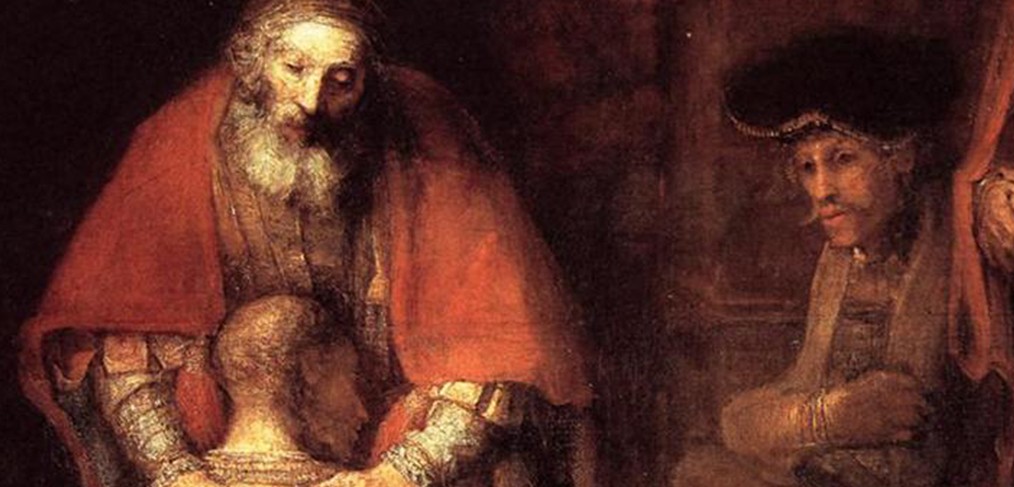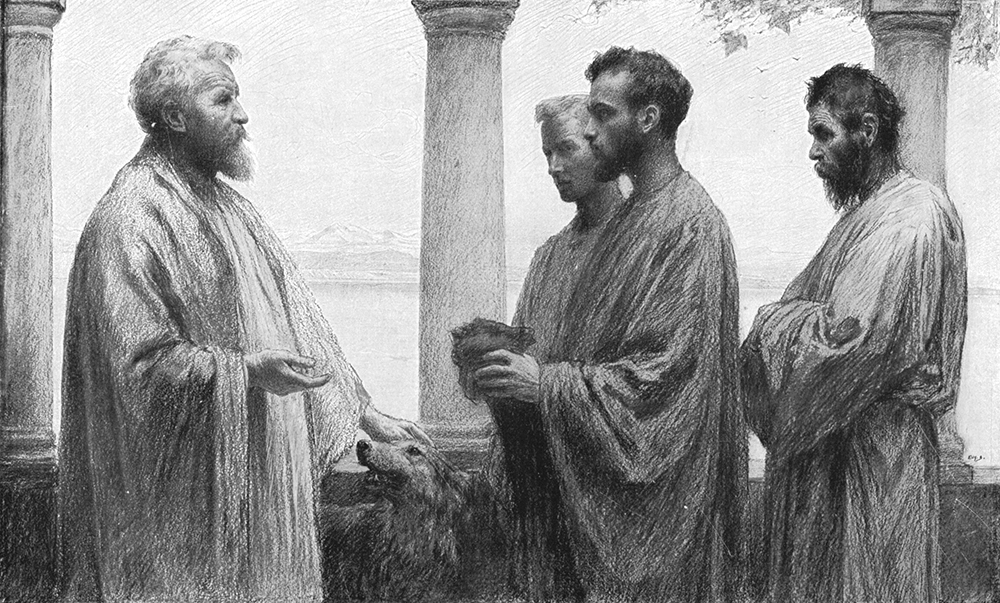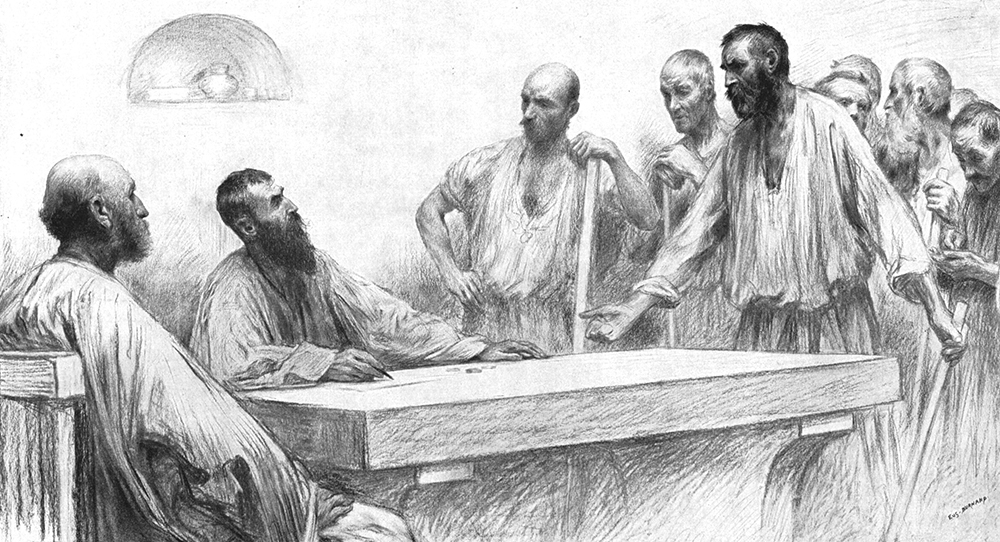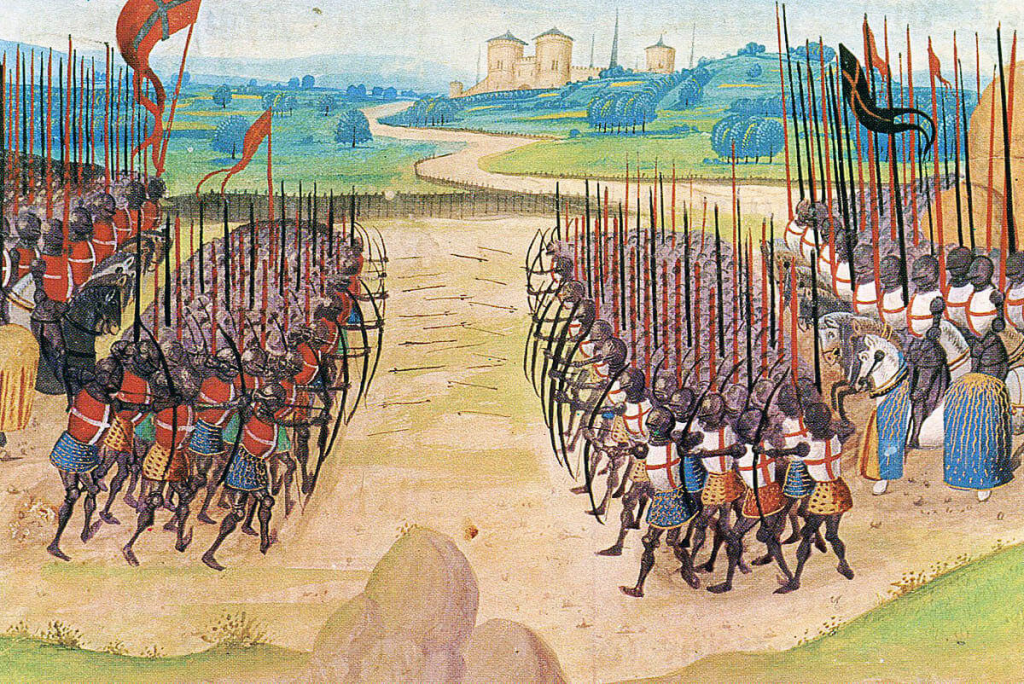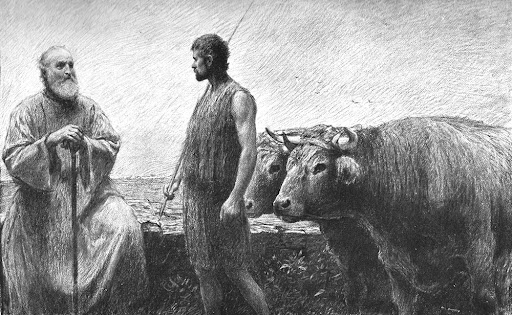
Mark 4:26-29
“The kingdom of God is like this,” he said. “A man scatters seed on the ground. 27 He sleeps and rises night and day; the seed sprouts and grows, although he doesn’t know how.”
“The soil produces a crop by itself—first the blade, then the head, and then the full grain on the head. 29 As soon as the crop is ready, he sends for the sickle, because the harvest has come.”
From a seed to a plant. We have no idea how this happens, it just does. This is a “kingdom” parable, one of several that explain what God’s realm is, and how it happens. In this particular story, we’re told how the Holy Spirit works. It also explains our role in this (which isn’t a whole lot).
The farmer puts the seed in the ground—and that’s it. He’s done his work, there’s nothing more he can do. He doesn’t do anything else from this point, and honestly he can’t. And yet the soil needs to be prepared—plowed, fertilized and tilled again. You might say he creates the conditions (that’s what makes a good farmer, I guess) for something to happen.
He doesn’t massage the seed, coaxing it to grow. He doesn’t sing to it, or tell it about the wonders of being lush and green. He does zero. The seed grows on its own. He goes to bed, and gets up. After several days, bingo! That seed turns into a plant—something green and alive. He doesn’t do a thing. Life occurs without his work.
The point is this. God’s work is done invisibly within us (and that’s a relief)!
“The secret of growth is in the seed, not in the soil nor in the weather nor in the cultivating. These all help, but the seed spontaneously works according to its own nature.”
Robertson’s Commentary
God’s kingdom works pretty much like this. The farmer doesn’t cause the seed growth, all he does is go to bed! He sleeps and waits and watches. It grows and he hasn’t the slightest. It’s a complete mystery. He has done everything he can, and God has done the rest. He “shares” in this amazing transformation, but the father has done it all.
We trust in a process we cannot see, or really understand.
We don’t dig the seed up every morning to see what’s happening. We just let the (super)natural happen. And it does!
The farmer has faith in the process (after all, he did plant the seed), but that’s it. There’s a verse in 2 Thessalonians 1:3 the should be considered. It gives us confidence and a definite trust in this process of growth. The Apostle Paul understands this “principle of growth.”
“We ought to thank God always for you, brothers and sisters, and rightly so, since your faith is flourishing and the love each one of you has for one another is increasing.”
We must trust God completely to grow. We’re responsible for tilling and planting. But you need to understand what happens after that is up to him. The kingdom of God is supernatural. It’s exactly how the kingdom happens—and we must be patient and wise.
“The key to everything is patience. You get the chicken by hatching the egg, not by smashing it.”
Arnold Glascow

